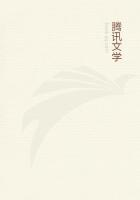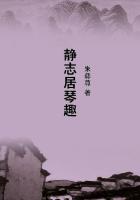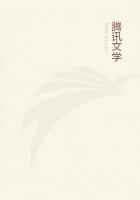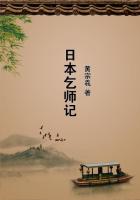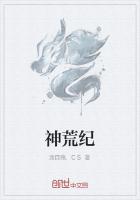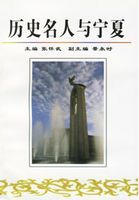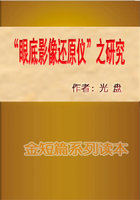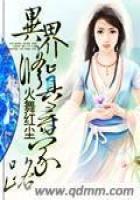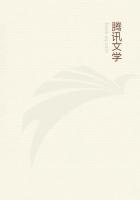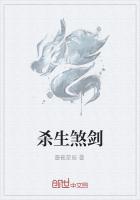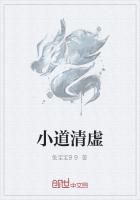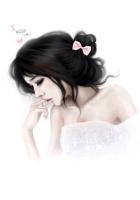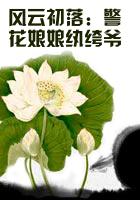- 'Oh, yes, sir - I can go through my exercise, sir.' - 'Indeed, sir!' - 'Shall I do it now, sir?' - 'If you please, sir; come, sir - make haste' (a cut with the long whip, and 'Ha' done now - Idon't like it,' from the clown). Here the clown throws himself on the ground, and goes through a variety of gymnastic convulsions, doubling himself up, and untying himself again, and making himself look very like a man in the most hopeless extreme of human agony, to the vociferous delight of the gallery, until he is interrupted by a second cut from the long whip, and a request to see 'what Miss Woolford's stopping for?' On which, to the inexpressible mirth of the gallery, he exclaims, 'Now, Miss Woolford, what can I come for to go, for to fetch, for to bring, for to carry, for to do, for you, ma'am?' On the lady's announcing with a sweet smile that she wants the two flags, they are, with sundry grimaces, procured and handed up; the clown facetiously observing after the performance of the latter ceremony - 'He, he, oh! I say, sir, Miss Woolford knows me; she smiled at me.' Another cut from the whip, a burst from the orchestra, a start from the horse, and round goes Miss Woolford again on her graceful performance, to the delight of every member of the audience, young or old. The next pause affords an opportunity for similar witticisms, the only additional fun being that of the clown making ludicrous grimaces at the riding-master every time his back is turned; and finally quitting the circle by jumping over his head, having previously directed his attention another way.
Did any of our readers ever notice the class of people, who hang about the stage-doors of our minor theatres in the daytime? You will rarely pass one of these entrances without seeing a group of three or four men conversing on the pavement, with an indescribable public-house-parlour swagger, and a kind of conscious air, peculiar to people of this description. They always seem to think they are exhibiting; the lamps are ever before them. That young fellow in the faded brown coat, and very full light green trousers, pulls down the wristbands of his check shirt, as ostentatiously as if it were of the finest linen, and cocks the white hat of the summer-before-last as knowingly over his right eye, as if it were a purchase of yesterday. Look at the dirty white Berlin gloves, and the cheap silk handkerchief stuck in the bosom of his threadbare coat. Is it possible to see him for an instant, and not come to the conclusion that he is the walking gentleman who wears a blue surtout, clean collar, and white trousers, for half an hour, and then shrinks into his worn-out scanty clothes: who has to boast night after night of his splendid fortune, with the painful consciousness of a pound a-week and his boots to find; to talk of his father's mansion in the country, with a dreary recollection of his own two-pair back, in the New Cut; and to be envied and flattered as the favoured lover of a rich heiress, remembering all the while that the ex-dancer at home is in the family way, and out of an engagement?
Next to him, perhaps, you will see a thin pale man, with a very long face, in a suit of shining black, thoughtfully knocking that part of his boot which once had a heel, with an ash stick. He is the man who does the heavy business, such as prosy fathers, virtuous servants, curates, landlords, and so forth.
By the way, talking of fathers, we should very much like to see some piece in which all the dramatis personae were orphans.
Fathers are invariably great nuisances on the stage, and always have to give the hero or heroine a long explanation of what was done before the curtain rose, usually commencing with 'It is now nineteen years, my dear child, since your blessed mother (here the old villain's voice falters) confided you to my charge. You were then an infant,' &c., &c. Or else they have to discover, all of a sudden, that somebody whom they have been in constant communication with, during three long acts, without the slightest suspicion, is their own child: in which case they exclaim, 'Ah! what do I see?
This bracelet! That smile! These documents! Those eyes! Can Ibelieve my senses? - It must be! - Yes - it is, it is my child!' -'My father!' exclaims the child; and they fall into each other's arms, and look over each other's shoulders, and the audience give three rounds of applause.
To return from this digression, we were about to say, that these are the sort of people whom you see talking, and attitudinising, outside the stage-doors of our minor theatres. At Astley's they are always more numerous than at any other place. There is generally a groom or two, sitting on the window-sill, and two or three dirty shabby-genteel men in checked neckerchiefs, and sallow linen, lounging about, and carrying, perhaps, under one arm, a pair of stage shoes badly wrapped up in a piece of old newspaper. Some years ago we used to stand looking, open-mouthed, at these men, with a feeling of mysterious curiosity, the very recollection of which provokes a smile at the moment we are writing. We could not believe that the beings of light and elegance, in milk-white tunics, salmon-coloured legs, and blue scarfs, who flitted on sleek cream-coloured horses before our eyes at night, with all the aid of lights, music, and artificial flowers, could be the pale, dissipated-looking creatures we beheld by day.
We can hardly believe it now. Of the lower class of actors we have seen something, and it requires no great exercise of imagination to identify the walking gentleman with the 'dirty swell,' the comic singer with the public-house chairman, or the leading tragedian with drunkenness and distress; but these other men are mysterious beings, never seen out of the ring, never beheld but in the costume of gods and sylphs. With the exception of Ducrow, who can scarcely be classed among them, who ever knew a rider at Astley's, or saw him but on horseback? Can our friend in the military uniform ever appear in threadbare attire, or descend to the comparatively un-wadded costume of every-day life? Impossible! We cannot - we will not - believe it.

